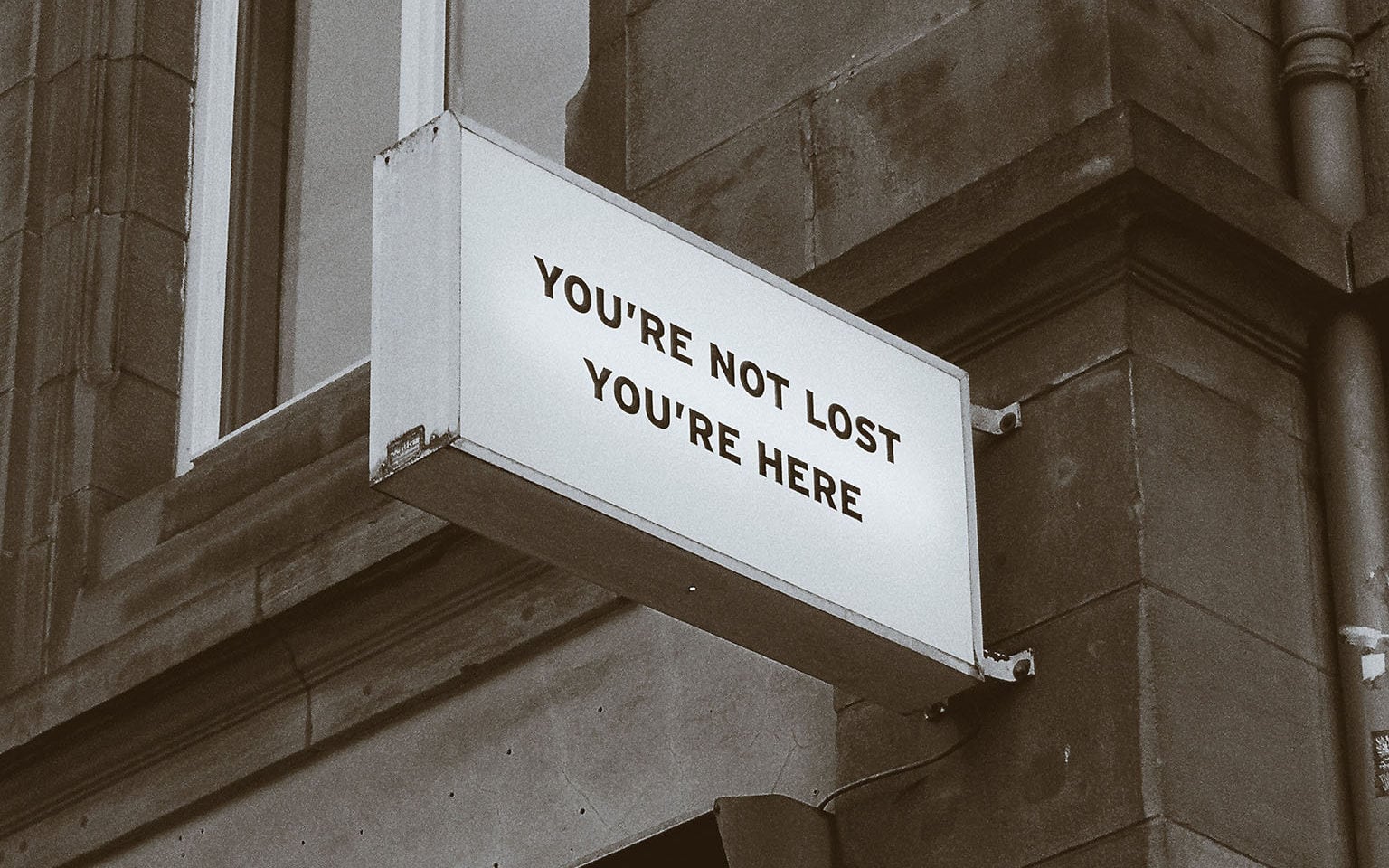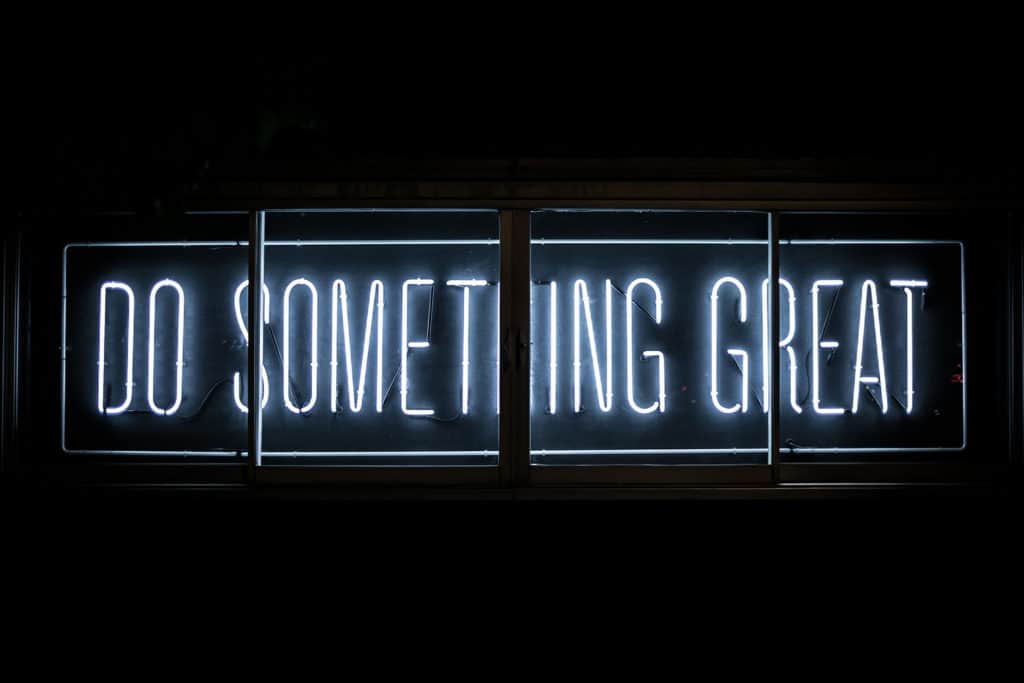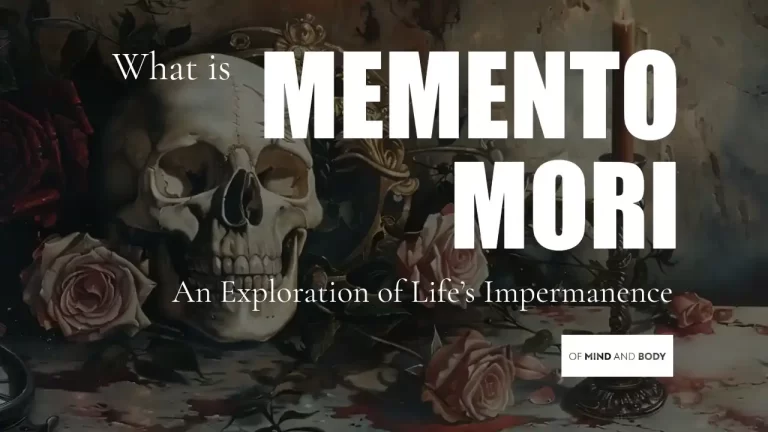
An Important Component of Good Mental Health
The way in which we react to our own negative emotions is a key component of good mental health.
Viewing our own cognitive predicament with curiosity, compassion and equanimity can alleviate much of the unnecessary distress we find ourselves in.
On the other hand, viewing any internal conflict with frustration and resistance will only compound any existing negativity that we are holding onto.
Where we point the dial of acceptable response to negative emotions is vital in the quest for mental equilibrium.
What is Balancing the Scales?
Emotional wellbeing can be seen as a running average of Positive vs Negative affect.
Momentary states accumulate over time and aggregate to the running average.
To simplify this you could say that every moment we are conscious we are either in a positive or negative emotional state.
If you are experiencing broadly positive experiences, on average, then you are on the right path.
This is a simplistic way of looking at an extremely complex subject, and it fails to address the nuances of individual experience. However, it is the starting point of a wider appreciation of our overall mental landscape and the possibilities open to us when deciding on a strategy for alleviating distress.
How you perceive, evaluate and manage your own negative emotions is a key component to good mental health, and this is what I like to look at as balancing the scales of human emotion.

Whilst it would be useful to have a daily or weekly print-out from our minds to establish exactly what percentage of our time we have spent being anxious, stressed, or afraid, in reality, we are left to fend for ourselves and to try and make sense of what is going on in our heads.
Furthermore, how do we know how much of this suffering is necessary?
We will all, at some point, go through some negative experiences, but it is how we internalise and react to these experiences that is key to keeping our emotional scales balanced.
We can choose to react to, what are perceived to be, negative situations in a positive, or at least a pragmatic, way.
On the flip-side of this coin, we can also choose to react to positive situations in a negative way.
I use the word “choose” loosely here.
Whilst I believe that with enough mental training and effort we can choose how we react to any situation, for the vast majority of us, the way we react to situations is almost entirely automatic.
We must ask ourselves – how do we automatically respond to a situation? As it is our own responses and reactions that shape our overall emotional state.
Are you your own worst enemy?
We all know those emotional vampires who seem to suck the life out of any positive situation and manage to find a negative way of looking at anything. We may have done this ourselves in the past if we have found ourselves in a negative state of mind.
Granted, some situations are inherently bad, and it would take an accomplished mental gymnast to find fulfilment and meaning in receiving some truly awful news.
But, we must remain mindful of the times we are reacting negatively to what can, if looked at from another angle, be construed as fairly benign information.
We must also remember that we have within our power the ability to view challenging situations as an opportunity to grow and strengthen our emotional resilience.
Being mindful of this balance will allow us to tip the scales in our favour, and give us the emotional space, and the rational mindset, to deal with the bigger issues in our lives.
So, how can we begin to look at our situations differently in order to optimise our experiences?
How can we give meaning to our suffering?

Necessary vs Unnecessary Suffering
Unnecessary suffering is what we are trying to reduce.
Anxiety can be described as your natural response to stress and it is only extreme anxiety or anxiety that lasts longer than 6 months that becomes a problem.
Sometimes feelings of depression or anxiety are totally appropriate responses to a situation.
Say, for example, someone close to you has passed away, or a particularly turbulent relationship has just ended. Would you not think that feelings of sadness, depression and even loneliness are justified?
I would.
The key here is not to judge yourself for feeling this way, as this will only exacerbate those sensations and even create new, unnecessary negative emotions.
“It’s ok to not be ok”
Feeling bad about feeling bad is effectively stacking more weight on the negative side of the scales, completely unnecessarily.
Being mindful of what you are upset about, and giving yourself licence to feel this way is a good way to reduce any unnecessary negativity in your mind.
So you see, the only sensible way to look at your emotional distress is with impartiality and curiosity. Not to lament the injustice of your destructive thoughts, but to scratch below the surface and uncover their deeper meaning.
Curiosity to explore the real reasons for your distress will give you the inclination to change either your internal reactions or your external environment to mitigate these factors.
How do we balance the scales?
How can we develop a framework for evaluating whether or not our negative emotions are justified? Below is the method I use.

Establish Your Core Values and Beliefs
Your core values and beliefs are your guiding principles.
Clearly defining your list of values and beliefs will provide you with the guidance you need to evaluate your own emotional state.
Going through this process will give you the starting point and overall framework for emotional success.
Practice Self Awareness
It’s too easy to remain a victim of your own internal reactions, but are these reactions serving you?
Spend time witnessing your thoughts instead of being engaged with them and see them for exactly what they are – thoughts.
Question Your Thoughts.

Be curious… Cultivate an inquisitive nature towards your own internal experience.
If you are reacting negatively to something, take a step back, examine your reaction and then ask yourself why you might be reacting in this way.
What is the greater purpose that this negative reaction is pointing you towards? Are you holding onto pain unnecessarily?
Living in a state of increased curiosity about your reactions to events in your life can give you the distance, and breathing space you need to act in accordance with your core values.
Practice Reframing
Realise that, what can be perceived as negative emotions are, on further investigation, may be a perfectly normal response to the factors of life.
Reflect more on how we are internalising the meaning of these emotions rather than any actual threat or harm.
Look for the lessons to be learned in every situation, and be grateful for the growth that these experiences will provide.
Conclusion
I believe we can increase the threshold on, what we perceive to be, acceptable levels of psychological discomfort in order to alleviate unnecessary pain.
We can achieve this by altering our perception of what is necessary and what is unnecessary suffering.
Of the astonishing number of times I have found myself in a dark psychological hole, very few of them could not be reasoned away by performing some form of mental gymnastics.
Generally through reframing the problem and looking at it from a different point of view.
This kind of response, however useful, has typically been retrospective – a kind of defensive manoeuver intended to mitigate those feelings that already plague my thoughts.
With practice, however, we can become skilled at dealing with these psychological minefields in a way that serves us.
We can begin to take back control, and this starts with awareness of our mental state.
Cultivate a healthy curiosity to the deeper meaning of your reactions.
Accept that you have responsibility and control over your internal and external reactions.




